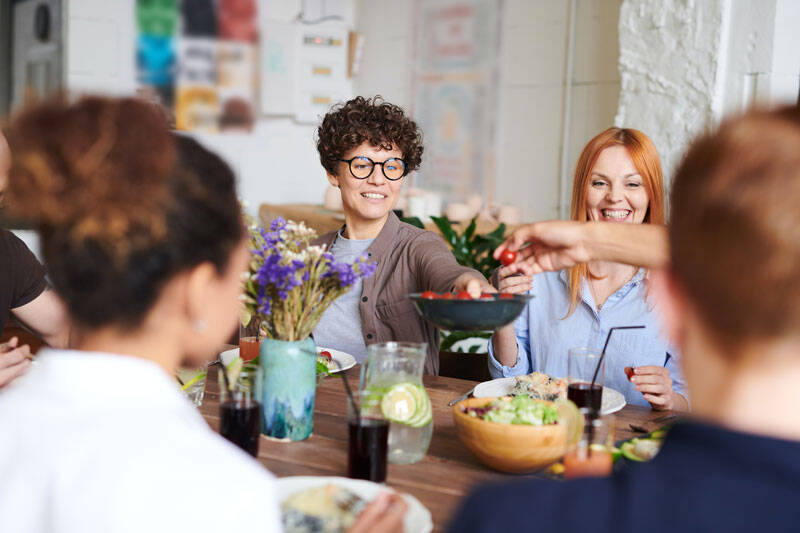
Shift
Moving towards a balanced plant forward diet. Towards food that’s better for you and for the planet. Enabling and engaging culinary professionals that embody this style of cooking is of vital import, as is effective storytelling and communication.
accelerate
To accelerate the transition towards a circular food economy, we must first define the concept and devise a set of guiding principles that people everywhere could follow. We’re collaborating with key partners on proof of concept initiatives that show a circular food economy is an attainable goal.
enhance
We believe the answers to many questions like ‘Where does my food come from?’ ‘Is my food safe?’ or ‘What happens with my food waste?’ can be found in advanced technology like image recognition or digital ledgers. Making that information available - and legible - to the public will go a long way in building trust and enhancing transparency within our food system.
reduce
Reducing waste is simple on paper, but extraordinarily difficult to combat at scale. The areas we need to focus on are first and foremost prevention, followed by reduction at both the production and post-consumer level, and finally in food recovery.
enable
We believe that in order to enable individuals to make personal, informed food choices for sustainable lifestyles, we must provide them with the best possible tools to do so.
the foodshots
The foodshots are the long term aspirations and bold ideas that Google aims for to make a real difference in the world of food.
On the power of food
“Food has a way of being a connector. While the different things you taste are amazing and enhance the experience, for me it is often the place and the people that had the most impact.”
On technology
“The intersection of technology and food is an amazing frontier. Many aspects of the food system can be improved by technology. Whether its efficiency on the front end, greater connectedness and optimizations in supply and demand, or reducing waste as we move through the food chain. There are so many economic and ecological benefits to marrying technology and food.”
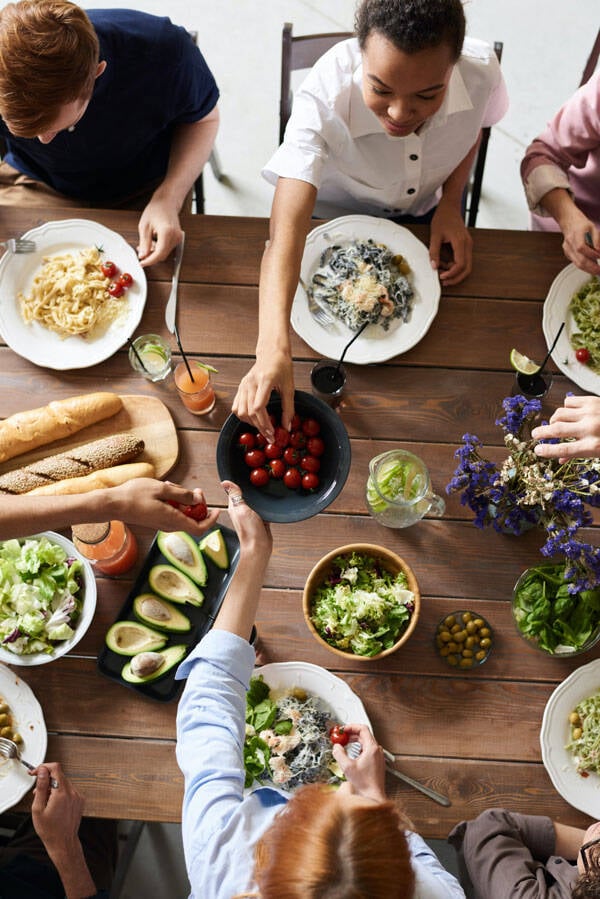
On going beyond
“One of the things that is most rewarding to me is seeing the impact we have far beyond the number of meals we’re serving. We’ve been able to connect to and impact not just our Googlers, but their friends, their families, the communities they live in. We can get them to engage with our foodshots and have the opportunity to make a truly global impact on our food ecosystems and the health of our planet. That is not hyperbole.”
On coming out of the pandemic
“We have a couple of big opportunities right in front of us. The first is our role in our communities coming back from the pandemic. Food can nourish us beyond just the physical, and as people are returning to the office after a period where our mental and physical health went through serious challenges, food can play an important role in creating new habits and routines. If we default to the way we used to do things before, we miss the opportunity for a generational impact. The pandemic is a generational event, and out of it come opportunities that we probably won’t see again in our lifetime. Not just at an operational level within Google, but also outside and into our communities. We have a food program that has raised its hand and said: ‘We’re going to be more than just a functional food program. We are going to have an impact beyond our Googlers, our campuses, our communities, and really have that global reach.’”
On working for Google
“I’ve been at my position for three months now. From the outside most people have the perception that Google is big and interesting and touches on a lot of things. But once you join the company and really see the breadth, scope, and complexity of the organization it is truly fascinating. Food is such a big part of the culture, and always has been. It’s amazing to see how the relationship the company has to food has progressed over time. We’re not just delivering great food experiences across the globe, but also stepping up to take a leadership role in realizing our foodshots, and having an impact beyond our four walls.”


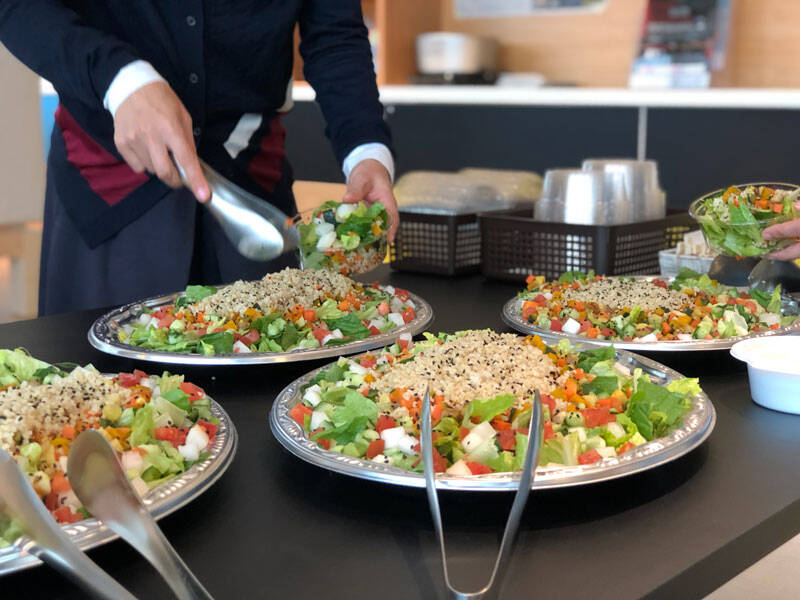
© Matt Hood
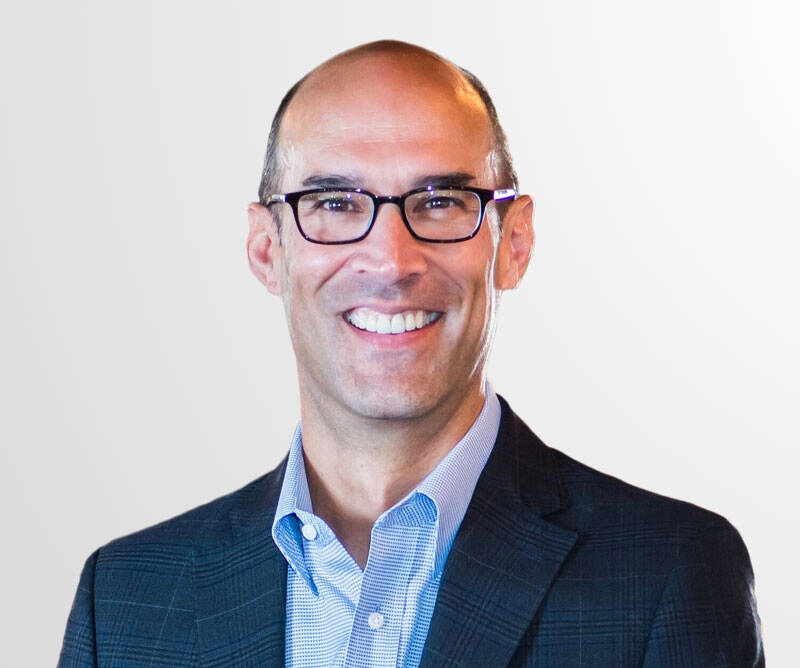
Matt Hood is the new director of the food program at Google, serving over a hundred thousand meals a day all over the world. Food Inspiration spoke with him about his vision on food, and the place of food in the workspace going forward.
Jelle Steenbergen Xiao Er Kong
A conversation with Google’s Matt Hood

interview
4 min
the future of food at work






© Matt Hood
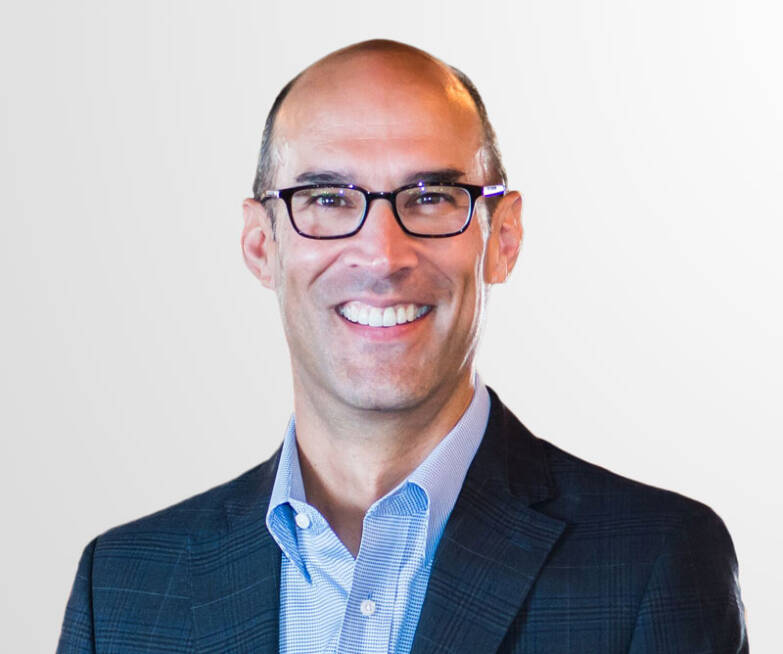
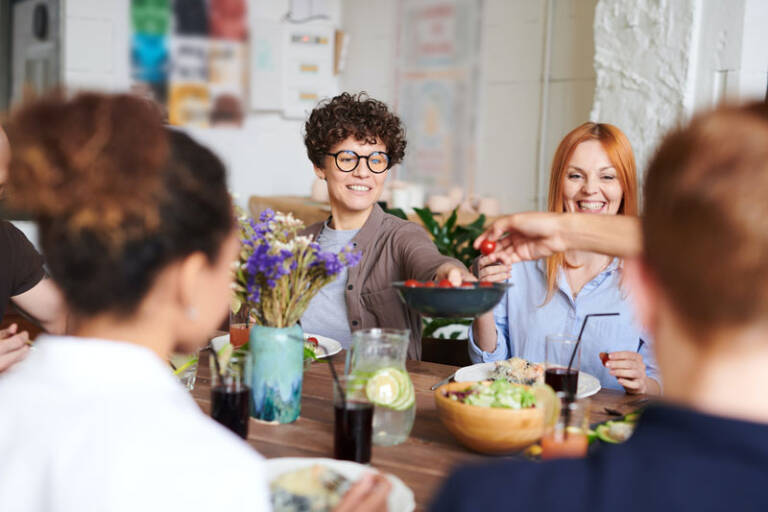
Shift
Moving towards a balanced plant forward diet. Towards food that’s better for you and for the planet. Enabling and engaging culinary professionals that embody this style of cooking is of vital import, as is effective storytelling and communication.
accelerate
To accelerate the transition towards a circular food economy, we must first define the concept and devise a set of guiding principles that people everywhere could follow. We’re collaborating with key partners on proof of concept initiatives that show a circular food economy is an attainable goal.
enhance
We believe the answers to many questions like ‘Where does my food come from?’ ‘Is my food safe?’ or ‘What happens with my food waste?’ can be found in advanced technology like image recognition or digital ledgers. Making that information available - and legible - to the public will go a long way in building trust and enhancing transparency within our food system.
reduce
Reducing waste is simple on paper, but extraordinarily difficult to combat at scale. The areas we need to focus on are first and foremost prevention, followed by reduction at both the production and post-consumer level, and finally in food recovery.
enable
We believe that in order to enable individuals to make personal, informed food choices for sustainable lifestyles, we must provide them with the best possible tools to do so.
the foodshots
The foodshots are the long term aspirations and bold ideas that Google aims for to make a real difference in the world of food.

On the power of food
“Food has a way of being a connector. While the different things you taste are amazing and enhance the experience, for me it is often the place and the people that had the most impact.”
On technology
“The intersection of technology and food is an amazing frontier. Many aspects of the food system can be improved by technology. Whether its efficiency on the front end, greater connectedness and optimizations in supply and demand, or reducing waste as we move through the food chain. There are so many economic and ecological benefits to marrying technology and food.”

On going beyond
“One of the things that is most rewarding to me is seeing the impact we have far beyond the number of meals we’re serving. We’ve been able to connect to and impact not just our Googlers, but their friends, their families, the communities they live in. We can get them to engage with our foodshots and have the opportunity to make a truly global impact on our food ecosystems and the health of our planet. That is not hyperbole.”
On coming out of the pandemic
“We have a couple of big opportunities right in front of us. The first is our role in our communities coming back from the pandemic. Food can nourish us beyond just the physical, and as people are returning to the office after a period where our mental and physical health went through serious challenges, food can play an important role in creating new habits and routines. If we default to the way we used to do things before, we miss the opportunity for a generational impact. The pandemic is a generational event, and out of it come opportunities that we probably won’t see again in our lifetime. Not just at an operational level within Google, but also outside and into our communities. We have a food program that has raised its hand and said: ‘We’re going to be more than just a functional food program. We are going to have an impact beyond our Googlers, our campuses, our communities, and really have that global reach.’”
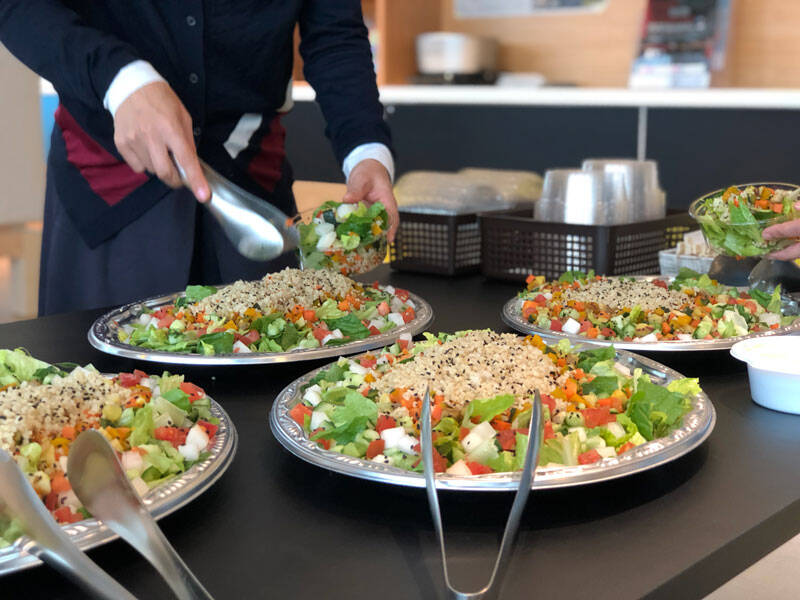
On working for Google
“I’ve been at my position for three months now. From the outside most people have the perception that Google is big and interesting and touches on a lot of things. But once you join the company and really see the breadth, scope, and complexity of the organization it is truly fascinating. Food is such a big part of the culture, and always has been. It’s amazing to see how the relationship the company has to food has progressed over time. We’re not just delivering great food experiences across the globe, but also stepping up to take a leadership role in realizing our foodshots, and having an impact beyond our four walls.”

A conversation with Google’s Matt Hood

Matt Hood is the new director of the food program at Google, serving over a hundred thousand meals a day all over the world. Food Inspiration spoke with him about his vision on food, and the place of food in the workspace going forward.
Jelle Steenbergen Xiao Er Kong
4 min













